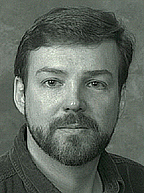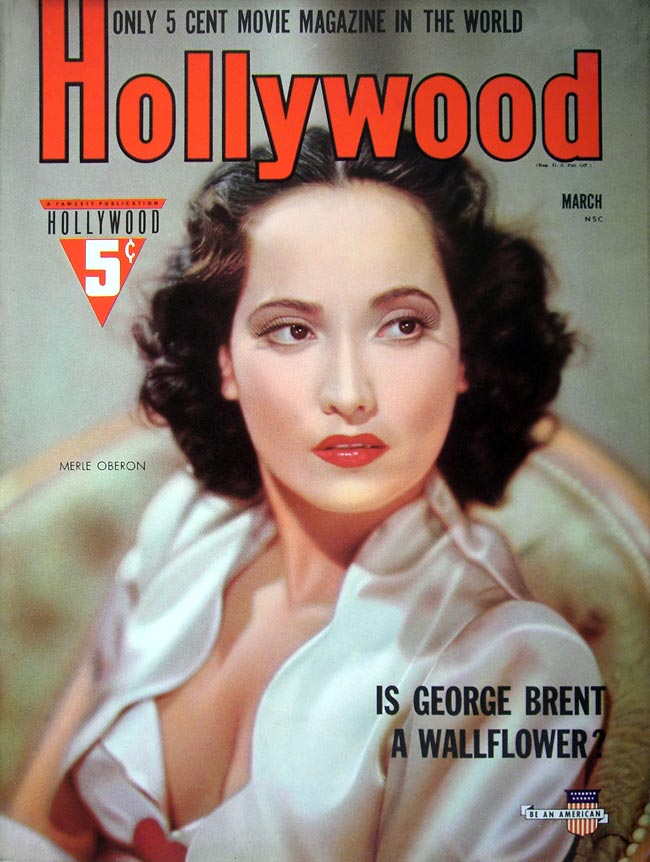|
||||||||||||||||||||||||||||||||||||||||
|
Max Miller evinced little patience for screenwriters. Though they may have felt unheralded and underappreciated, Miller was apparently too busy with his own work to show them any sympathy, especially the more mercenary among them. This is Hollywood. Or at least this is that side of Hollywood which makes young men old, and which makes old men have ulcers.Max Miller began his career as a reporter in the 1920s and eventually wrote many books, including I Cover the Waterfront, which inspired two Hollywood films. |
|||||||||||||||||||||||||||||||||||||||













